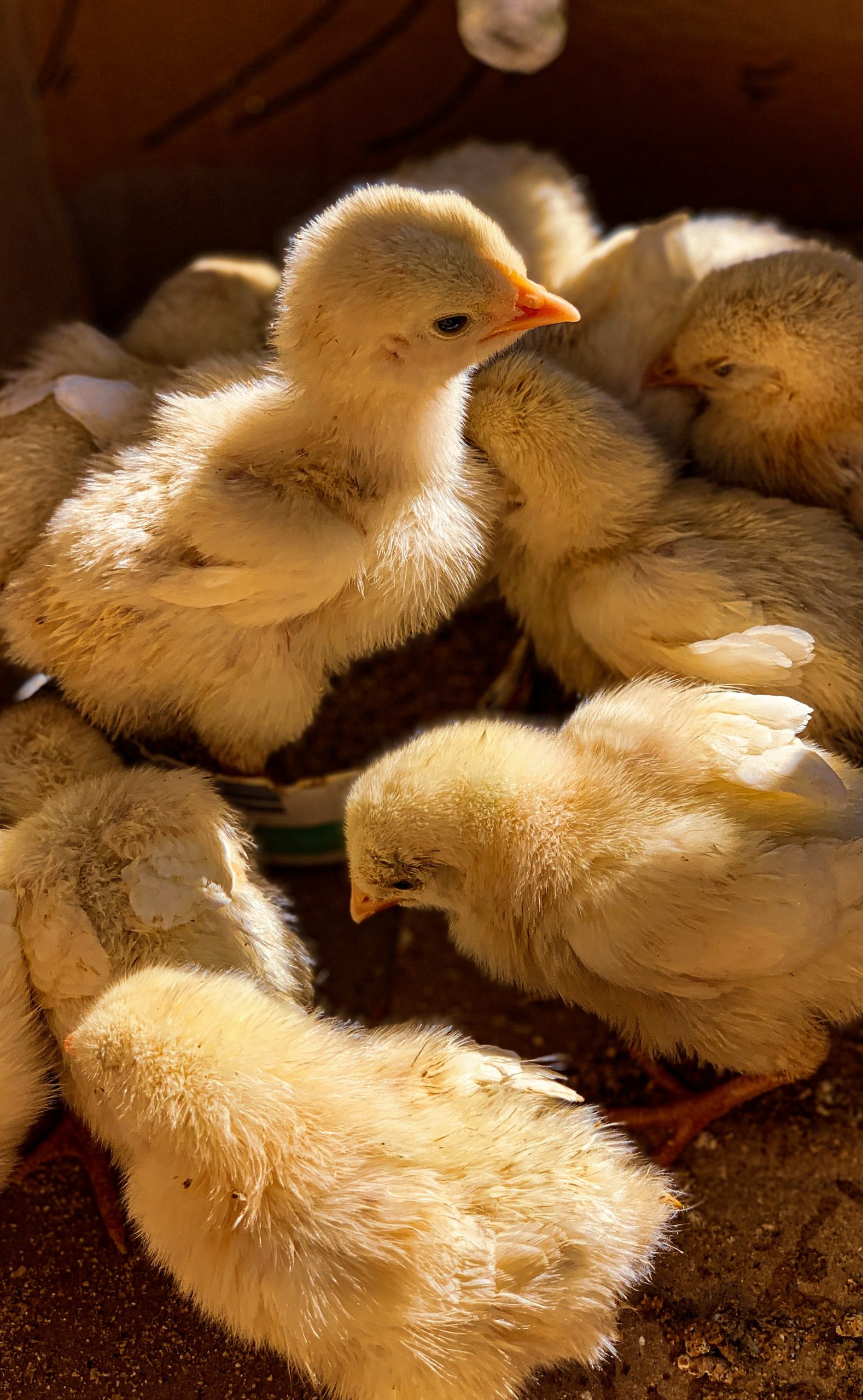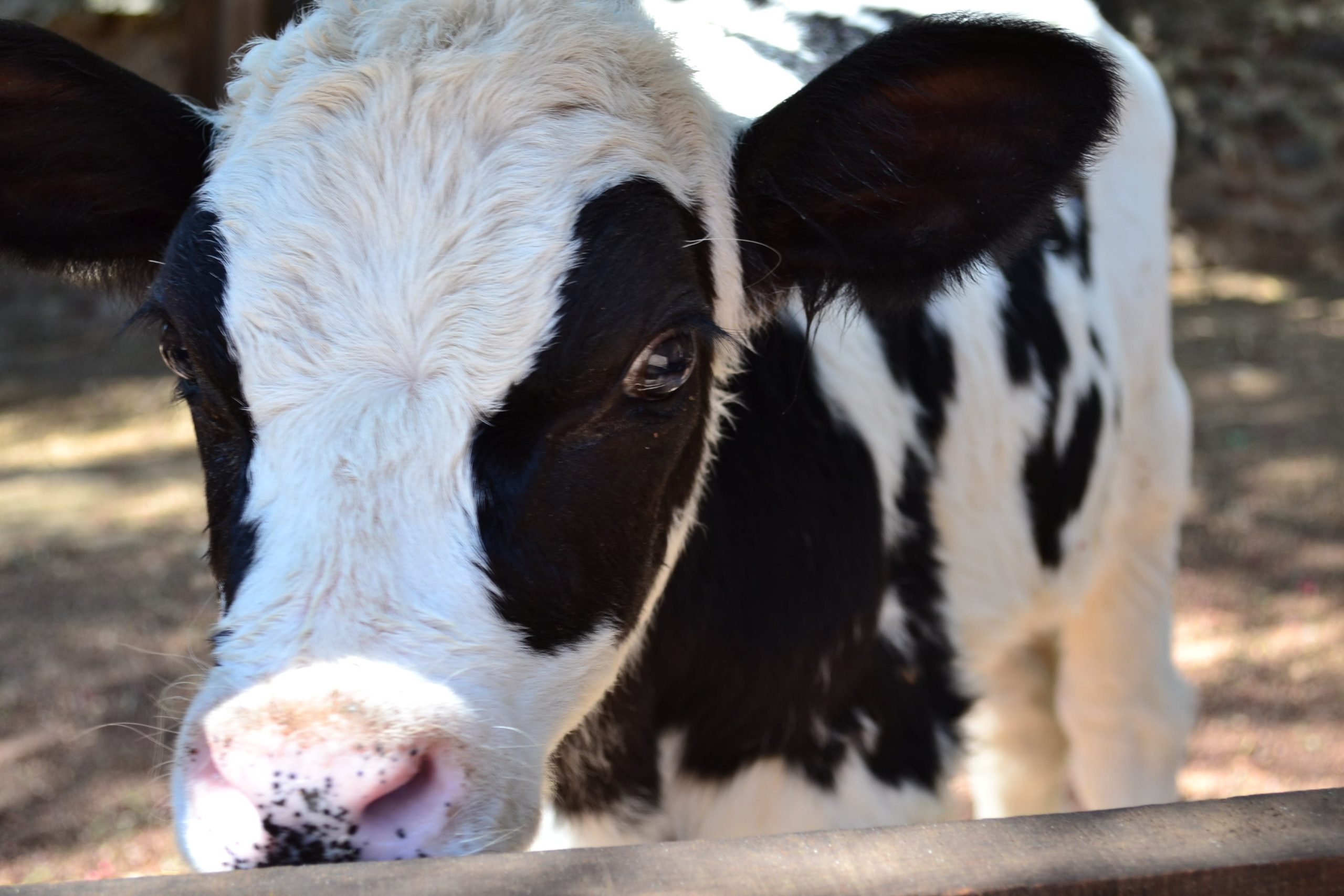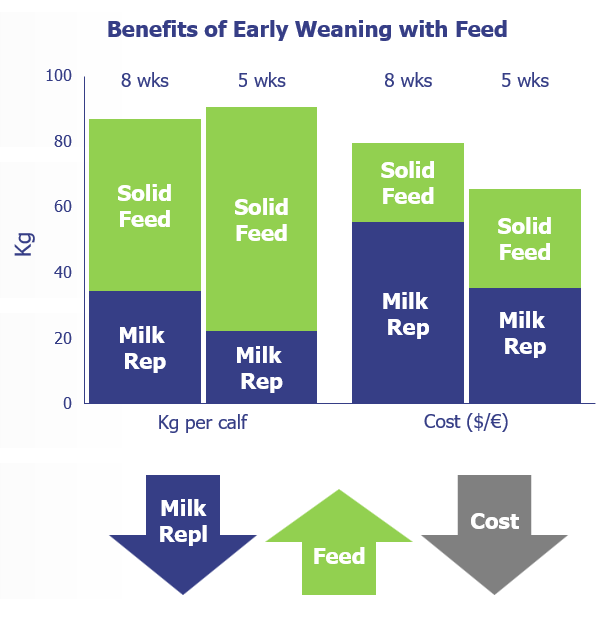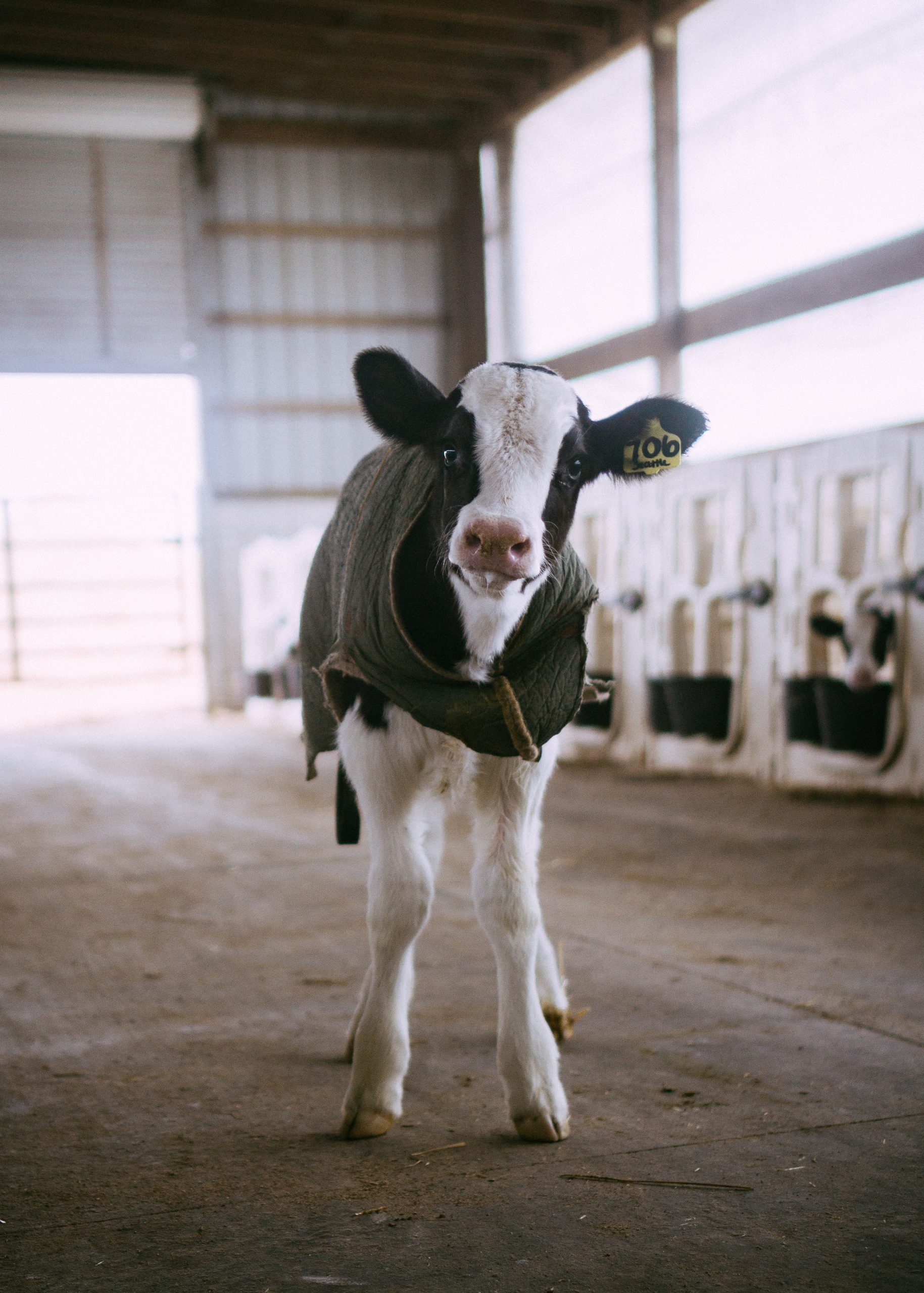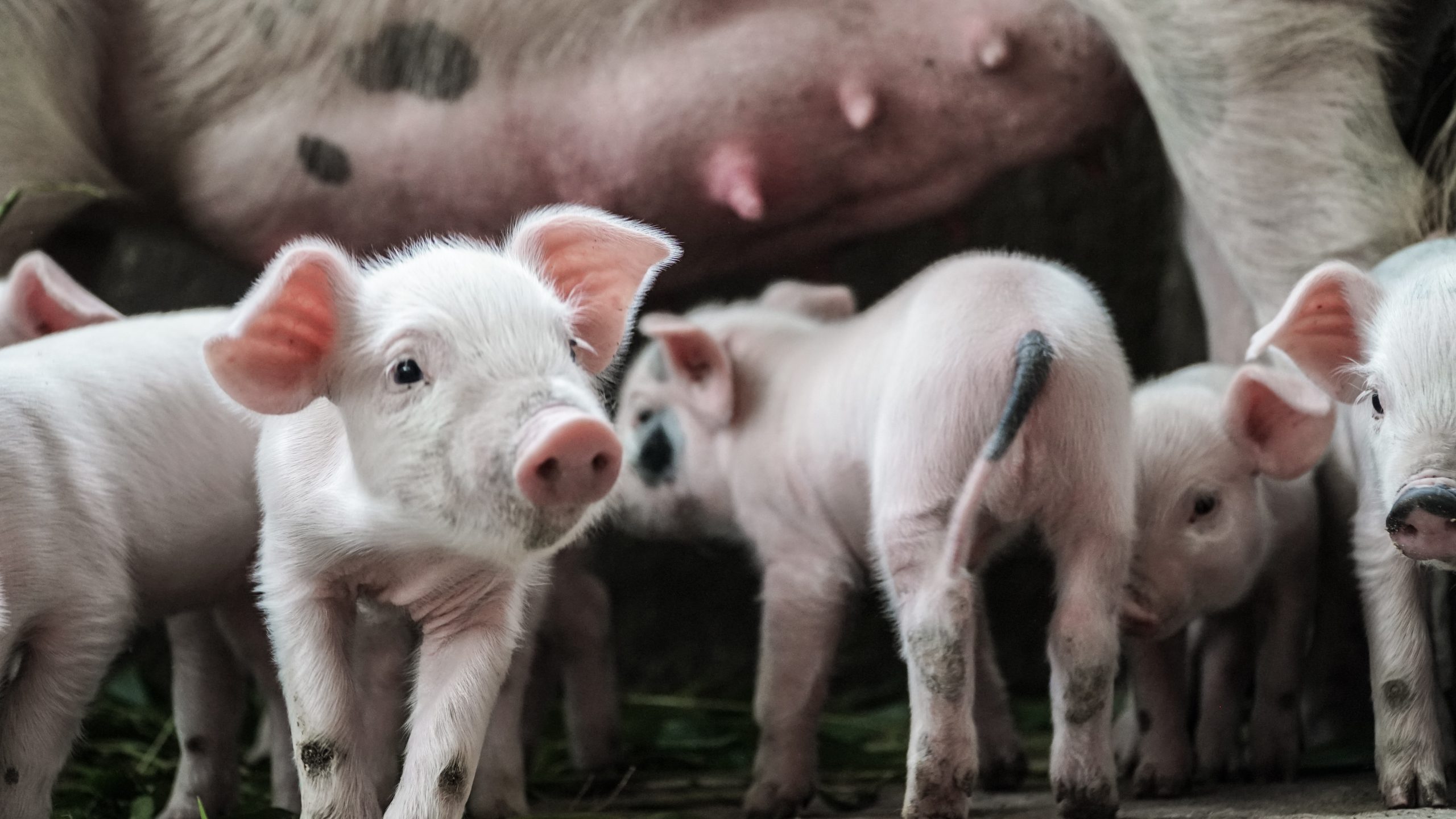At the core of every successful livestock operation is a crucial period – the early stages of an animal’s life. This phase is pivotal for various species, including poultry, swine, beef cattle, dairy cows, sheep, goats, and more. The care and nutrition these animals receive during their initial stages are instrumental in laying the groundwork for their future health and performance.
Recent developments in epigenetic research have shed light on the profound impact of early life care across various livestock species. Nutrition and care during this period are crucial to activating essential genes responsible for critical performance traits. These traits span robust skeletal and muscular development, efficient feed conversion, enhanced disease resistance, live-long egg production, and long-term milk production and reproductive health in ruminants and dairy breeds.
Additionally, proper nutrition is crucial for bolstering the immune system of these young animals. It equips them to combat external threats, reducing their dependency on daily xenobiotics. The early stages of livestock rearing are not just about growth; they represent the shaping of a genetic blueprint that dictates the animal’s lifetime performance and well-being.


